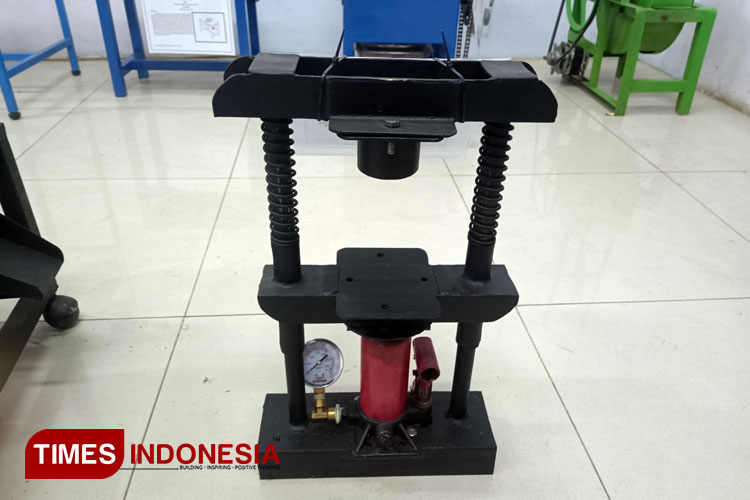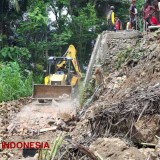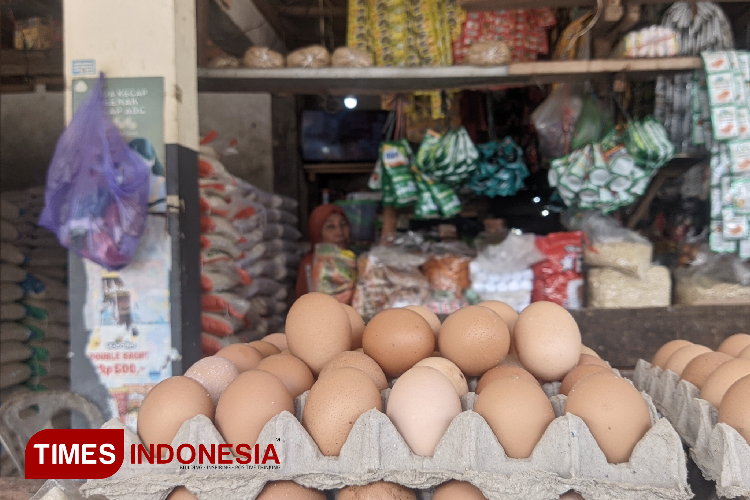TIMES SINGAPORE, MALANG – Robit Aqwam Putra, a student of Mechanical Engineering at State Polytechnic of Malang, developed a ceramic molding tool to increase the production of catalytic converters. This innovation aims to improve the durability and environmental friendliness of the technology.
Catalytic converters are crucial components in modern motor vehicles that reduce harmful exhaust emissions such as carbon monoxide, hydrocarbons, and nitrogen oxides, converting them into safer gasses for the environment.
The ceramic molding tool is designed to create hollow ceramic products that will be focused in the catalytic converter system for motor vehicle exhaust.
"The printing process uses a simple press tool that relies on the push of a hydraulic bottle jack," said Robit Aqwam Putra, Saturday (29/6/2024).
The process begins with mixing ingredients such as silica oxide, alumina, magnesium, and purified water in a stainless steel pipe equipped with molds and molders' cleats.
After the material is filled in the tube, the upper mold aligned with the printer's serrations is inserted. This helps reduce production costs without compromising on quality and efficiency.
The pressing stage is carried out by cranking the hydraulic jack so that the mold is right under the mold pusher, with a pressure of about ±100 kg/cm² for about ±5 minutes. After completion, the mold is taken out and the serrations are removed one by one using pliers. Then, the product is removed from the stainless steel pipe by pushing with a tool.
The next step is to manufacture components such as bottom plate, guide pillar, jack top base, printer stand, bhushing, bottom mold, stainless steel pipe, top mold, mold pusher, and top plate.
Each component is processed using specialized machines such as drilling machines, lathes, CNC machines, and welding machines, according to their specific needs. The process of assembling the components is carried out with high precision to ensure optimal results, guaranteeing that the final product meets the high standards required for effective catalytic converter performance and durability.
This innovation not only contributes to reducing motor vehicle emissions but also provides great potential for the automotive industry in Indonesia.
This success shows that this project is able to have a positive impact on the development of the automotive industry and become an environmentally friendly solution in facing today's global challenges.
"The utilization of this ceramic molding tool provides several advantages such as better product precision, shorter production time, ease of operation, and more affordable tool manufacturing costs," said the student of the State Polytechnic of Malang. (*)
Artikel ini sebelumnya sudah tayang di TIMES Indonesia dengan judul: State Polytechnic of Malang Develops Catalytic Converter Ceramic Printing Tool
| Writer | : M. Ade Nur Alfian (PKL) |
| Editor | : Khodijah Siti |

























